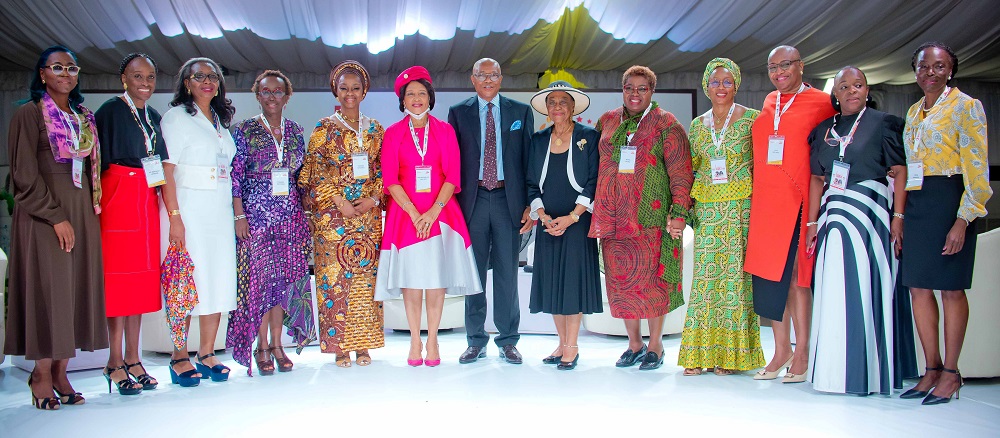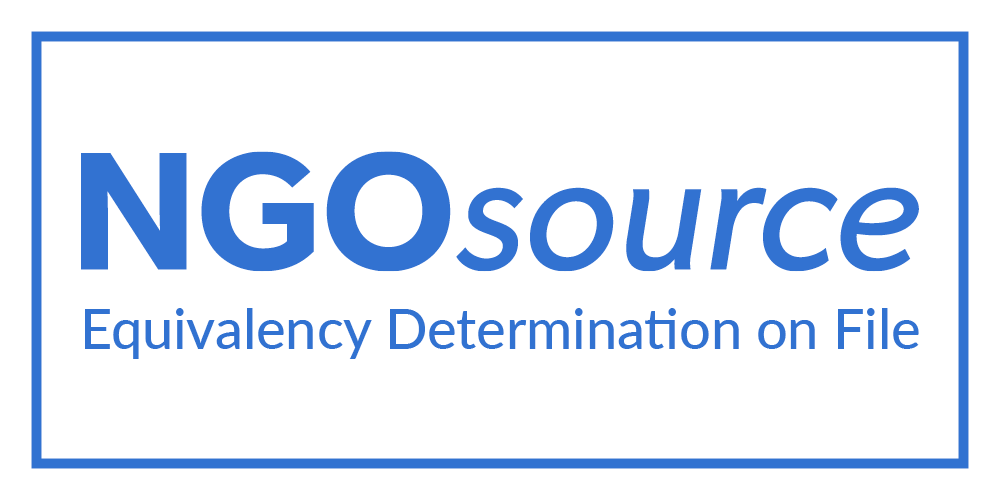

#BREAKTHEBIAS: INSIGHT FROM THE DIARY OF AN ECONOMIST
Despite the plethora of initiatives geared towards equipping women with tools to stay empowered and contribute effectively to growth and development, gender biases are still very evident. Although the gender gap remains wide across different economies, Iceland, Norway, Ireland, New Zealand and Rwanda have made visible progress. These countries recorded the smallest gender gaps in 2020, according to a WEF survey for its Global Gender Gap Index.
For any economy to secure the economic dividend that comes from empowering its women, systematic and intentional action by governments, businesses, and community leaders is essential. Anecdotal evidence shows that placing women at the center of development agendas increases efficiency in managing institutions and resources.
It is mind-boggling that pockets of individuals have negative views on gender empowerment initiatives, platforms, and organisations. Women still struggle with gaining access to opportunities due to their gender. The journey towards closing the gender gap, particularly in African countries such as Nigeria, remains long and tedious. Data from the national bureau of statistics show that women account for c.50% of Nigeria’s population. Therefore, the country will remain disadvantaged until the authorities take effective and pragmatic steps to boost female participation for the benefit of sustainable economic growth. The reality is that, in the business environment and in corporate Nigeria, economic activity (using gender lenses) is lopsided.
![]()
Examining consumption patterns is extremely important when making informed decisions. It is important to note that women control spending in most consumer goods categories. Furthermore, primarily, women make the decisions on household spending. Agreed, not all households are double-income households, but for those that are, female earners spend up to 70% of their income on purchases beneficial to the running of the household. Indeed, some households engage in cash transfers from the provider (man) to the woman to run household expenses. The common thread here is that the woman makes decisions around purchases. Some surveys point towards women having an active role in the informal economy. In major markets across the country, you will find a recurring theme around women having powerful negotiating techniques regarding market purchases. In addition, the entrepreneurial spirit is alive within the female economy. There are scores of micro and small businesses run by women in the lower-income bracket under the informal economy. Most times, daily wages secured from these businesses contribute significantly to the feeding and education of children.
Women are prominent across value-chains in select sectors such as agriculture. However, men tend to dominate high-value agriculture products across the value chain. Failure to acknowledge and engage women’s unique experiences and perspectives within the sector reinforces gender inequity. Similar to other sectors, social networks are significant for market information, price negotiations, and the sourcing of quality seeds. Gaining access to membership in organisations such as farm cooperatives is more prevalent among men than women. Hence, increased exclusion of female agriculturists/farmers.
![]()
Corporate Nigeria can boast of a few successes made regarding actively taking steps to reduce the gender gap. However, there is still vast room for improvement. Some sectors clearly perform better than others with regards to elevating women and granting relevant opportunities to female employees. However, society will fail to maximise the potential of these sectors if gender imbalance in decision-making roles remains the norm. To put this in some context, a study titled Gender diversity of corporate boards and firm’s value- the case of Nigeria listed companies shows that companies with a significant number of women on their boards produced higher value (in terms of performance and value indicators). The statistics on female employees are laudable in a few organisations within select sectors but abysmal in others. The fact that many female professionals are stuck in mid-level roles partly explains the gender gap in the talent pipeline; this situation sometimes arises due to limited promotion opportunities.
In addition, organisations provide little support for promoting a better blend of work-family balance for women at the mid-management level. An extensive survey carried out in 2021 which focused on women with experience in corporate Nigeria disclosed a few salient points. They include:
- Women can take on any role with appropriate guidance and training;
- Stakeholders and regulators can do more in terms of policy design and implementation for a better gender balance;
- Some people regard flexible work structures as a display of less commitment;
- In corporate Nigeria, a considerable number of women have paid or expect to pay the motherhood penalty for starting a family due to perceived employers’ bias.
To fix a problem, accepting it exists is the first step to finding a solution.![]()
Following the points mentioned above in this article, it is clear that boosting female representation across all spheres and decision-making levels is a reasonable approach for the public and private sector to adopt. It makes little sense that policies are designed for a specific demographic by decision-makers who lack deep insights into the mindsets or workings of females as consumers, end-users, or recipients.
Indeed the news around the recent rejection of women-related bills by the National Assembly is disappointing. Although debatable, women play active roles during electioneering, especially with regards to organised rallies in markets and communities to generate votes for (male) candidates. Meanwhile, the men occupy elected seats following successful campaigns and neglect the women who provided ample support. There were five gender-inclined NASS rejections. I will highlight just two.
Nigeria has one of the lowest records for women in parliaments globally. In West Africa, Nigeria has the lowest number of female legislators. It is fiercely competing for the bottom slot in the same ranking but for Africa as a whole, with Eritrea and Somalia. Women occupy only 21 out of 469 seats in Nigeria’s National Assembly. The Special Seats bill seeks to remedy the low representation of women in Legislative Houses by providing additional legislative seats to be contested and filled only by women in the National and State Houses of Assembly. This bill – a temporary measure to boost the numbers of women decision-makers – was rejected.
It is worth noting that the proposed bill has a sunset clause which means that it will be abolished after 16 years or four election cycles. Legislated quotas are an effective way of achieving increased female representation; 41 out of 54 African countries have constitutional, legislated or voluntary party quotas. Furthermore, the top ten African countries with women in parliament use gender quotas.
Some benefits of female inclusion in these decision-making roles include improved conflict management, a boost to public trust, better income and wealth generation and favourable policies for everyone – men, women, and children, among others.
The second NASS rejection is the denial of indigeneship rights for married women. I see no positives linked to this decision. The resultant effect is underutilisation of well-equipped women who can take on roles for the benefit of the country’s progress and economic prosperity due to an unnecessary constraint.
If passed, this would have given a woman the right to become indigenes of her husband’s state after five years of marriage. It is somewhat embarrassing that this is considered a complex issue for deliberations, given that there are no apparent adverse effects that would result from approving this bill.
There is an economic cost to women’s exclusion. Projections that point towards healthy inclusive growth also consider gender parity.
Industry sources suggest that Nigeria could achieve double-digit (c.25%) GDP growth in the long-term if policymakers take deliberate steps to close the existing gender gap. An all-hands-on-deck approach is required.
![]()
Whether you are male or female, you can support and promote gender equality and advocate for better female representation across your respective spheres of influence. Let us actively work towards breaking the bias.
![]() Prepared by:
Prepared by:
Chinwe Egwim
- Fmr. Executive, Women in Management, Business and Public Service
- Execuitive, Professional Women Bankers – CIBN
- Chief Economist at a Leading Financial Institution
Recent Posts
- WIMBIZ Decries the Attacks on Women in Leadership in Nigeria
- WIMBIZ Hosts Groundbreaking Webinar on Nigeria-UK Cross-Border Trade Opportunities for Women in Business.
- Celebrating our WIMBOARD Mentors for Over 4 years of Invaluable and Consistent Support
- WIMBIZ Announces 2024 Conference Theme: “Dream, Dare, Do”
- WIMBIZ Partners with Nigerian High Commission in the UK to Expand Trade Opportunities for Women-Led Enterprises
Location: WIMBIZ Headquarters 200B Isale Eko Avenue, Dolphin Estate, Ikoyi, Lagos, Nigeria.
Phone: +234 806 614 8885 +234 803 494 6249
Email: wimbiz@wimbiz.org



